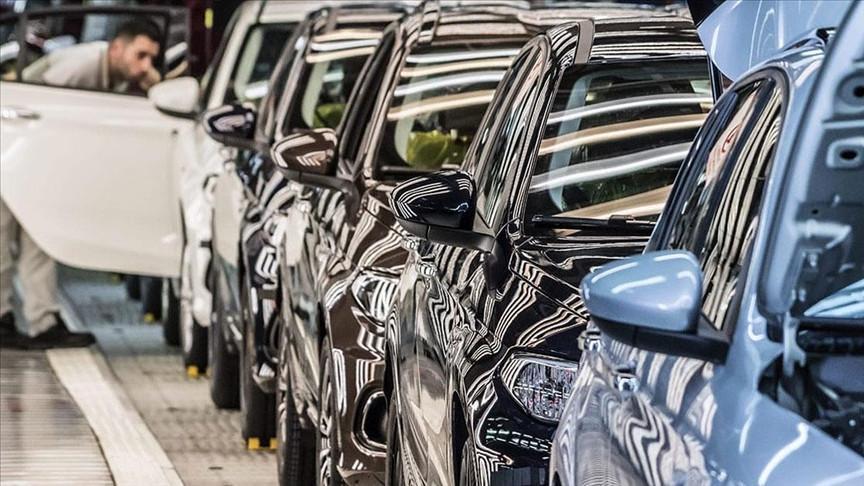
Türkiye has decided to impose additional customs duties on vehicle imports from all countries outside the European Union and the 24 nations with which it has Free Trade Agreements — a move that benefits China and the United States, which previously faced tariffs of up to 60 percent, but will make Japanese cars more expensive.
Under the new regulation, imports of petrol, diesel and hybrid vehicles from non-EU and non-FTA countries will face an additional 25 percent customs duty on top of the existing 10 percent rate. Electric and plug-in hybrid vehicles (PHEVs) will be subject to an additional 30 percent duty, also on top of the 10 percent base rate.
As more than 80 percent of Türkiye’s automotive imports come from the EU and FTA partners, the change is not expected to have a major overall impact. However, it will alter the competitive landscape for certain markets.
For China and the U.S., where tariffs previously reached as high as 60 percent, the new rates create limited opportunities. Chinese vehicles may become slightly cheaper, while some U.S. models — previously absent from the Turkish market — could now be introduced.
Japan, which had not faced additional customs duties before, will see prices rise for its vehicles. Models such as Honda’s Civic (produced in Thailand), Jazz, HR-V and CR-V, Toyota’s Corolla Cross, RAV4 and Land Cruiser Prado, Lexus’s LBX, NX, RX and LM, and Nissan’s X-Trail are among those expected to be affected.
The Trade Ministry stated that the measure aims to protect domestic manufacturers and maintain balance in the automotive trade.
Previously, special tariffs were applied to the U.S. due to the 2018 crisis and to China because of high import volumes. Now, a standardized system applies to all non-EU and non-FTA countries, including Japan, Thailand and South Africa.
Before the change, the U.S. and China faced an additional 50 percent duty on top of the base 10 percent for conventional vehicles, with Chinese electric cars subject to an extra 40 percent duty.
The new regulation reduces the additional duty on conventional vehicles from these countries to 25 percent and on electric and plug-in hybrids to 30 percent.
For China, this means a cut from 50 percent to 25 percent on petrol, diesel and hybrid models, potentially lowering prices. For the U.S., the reduction from 50 percent to 25 percent could open the door for manufacturers to bring in models suited to the European market.